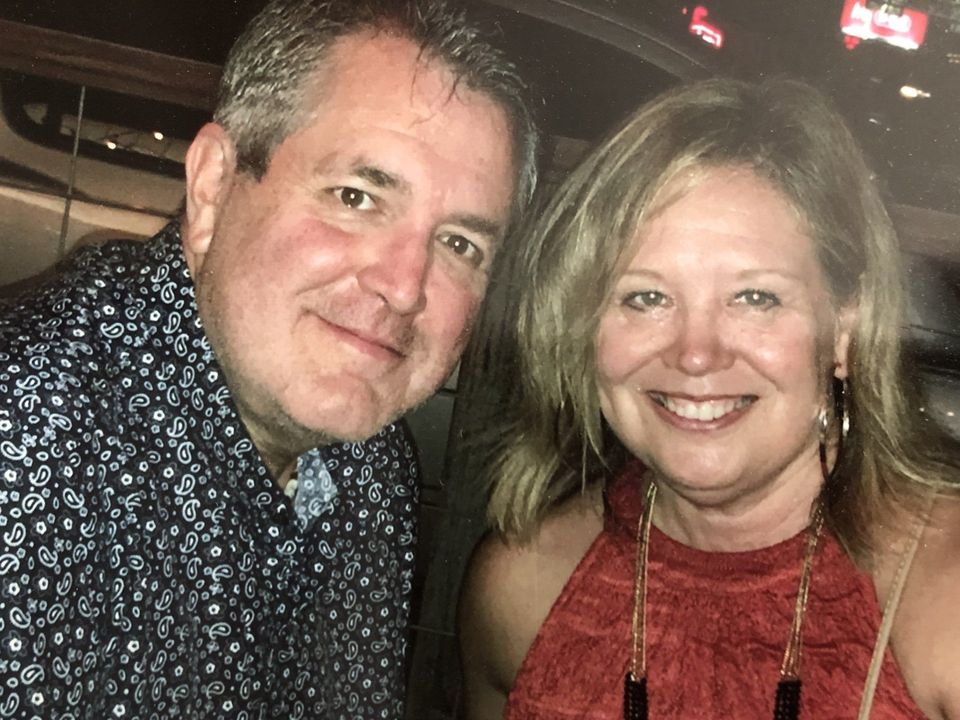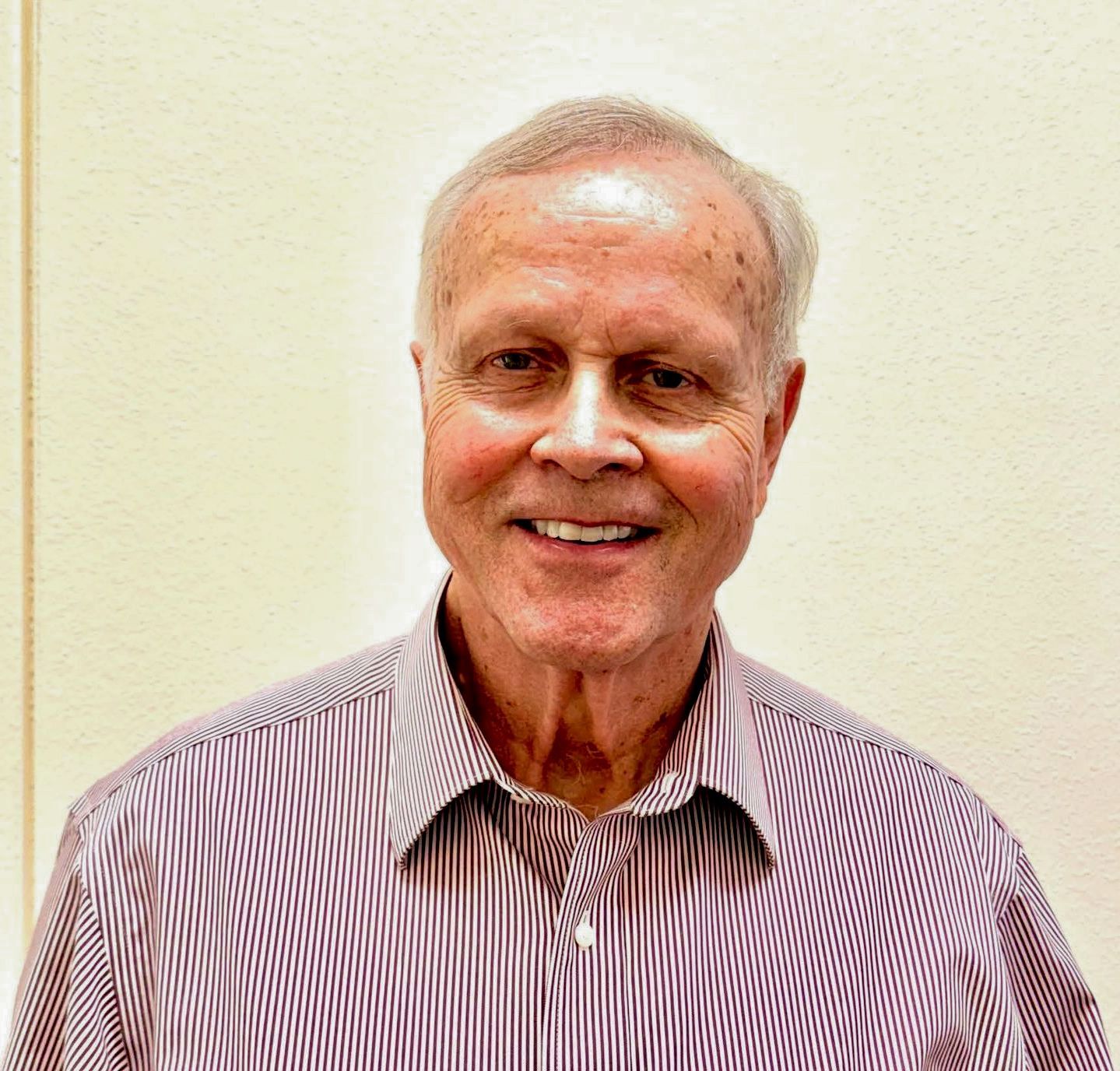Advocate Spotlight: Janice and Jeffrey Ivey
January Advocate Interview

1. How long have you been an Advocate and when did you realize you wanted to become one?
We became advocates in May 2019 after completing our training. We had been looking for an opportunity to serve our community, now that our kids are grown. We can’t think of anything more important than working towards being a positive influence in the lives of children who have been in terrible situations. After getting information on CASA and attending the first training class, we knew we had found the right organization.
2. What is the most rewarding aspect of being an Advocate?
It’s seeing the difference that your efforts can make in the lives of the children you’re working with. Working with CPS, their schools, and the foster parents on plans and strategies so they can learn and prosper is extremely rewarding. And identifying opportunities for them-learning about their prior family experiences prior to CPS custody and turning previously negative experiences into positive ones. The progress that the children are making in school, for example, is definitely rewarding, and learning about things they want to do. When a child opens up to you, you know you’ve gained their trust and few things are as satisfying as that.
3. If you could offer words of encouragement to your fellow and incoming Advocates, what would they be?
Develop a strong, positive relationship with your CPS caseworker. Realize that your CPS caseworker has multiple cases and doesn’t have a CASA on all of them, so any way you can help them out goes a long way. We would not have made the same progress without our caseworker’s assistance and guidance. Verify, verify, verify-verify everything you are told, by both the children and the parents. We’ve discovered huge inconsistencies between things the biological parents have reported and what the children themselves saw or experienced. And realize that little things that you might not think are important can be critically important to the development of the child. Never assume anything-one of our kids told us that she hadn’t gone to see Santa Claus before Christmas because “it costs money to do that”. Always look for successes to celebrate-whether it’s a grade at school, learning to read, riding a bike-remember that in many cases, children put into CPS care have never had that before. But most importantly, be present-parental visits, school events, etc.- and be there for your kids-the more they see you, the more comfortable they will be and the more confident they will become.

By bfines
•
March 21, 2025
In December 2023, CPS received a Priority One referral regarding a 2-year-old child named Katherine, who had been hospitalized after ingesting narcotics. Her mother, Jessica, admitted to being under the influence of methamphetamines at the time. Katherine later tested positive for amphetamines, prompting the Department to seek removal of both Katherine and her 4-year-old sister, Valerie. Their maternal grandmother expressed willingness to care for them but only if CPS became involved. CASA advocate Alfredo Concha was appointed to the case and immediately took action. He contacted the grandparents and met with the children. During that visit, he learned that while the grandparents were willing to provide temporary care, they could not commit beyond December 2024. They had already adopted the girls' older sibling, which kept them busy, and as elderly caregivers, they felt unable to raise two young children long-term. They made it clear—either Jessica would have to get her life back on track by December, or the girls would need another placement. Understanding the urgency, Alfredo used Collaborative Family Engagement tools to seek additional family members who could offer support. He built a strong working relationship with Jessica, which proved invaluable. Through collaboration with Jessica, the grandparents, CPS, and the children's attorney, Alfredo identified and addressed barriers to reunification. A primary concern was Jessica’s history of substance abuse and the risk of relapse. After completing inpatient drug treatment, Jessica chose to move in with her ex-boyfriend, Robert, and his mother, Marie. Given Robert’s history of substance abuse and their previously volatile relationship, Alfredo recommended that Robert participate in services to strengthen their family dynamic. This included undergoing a substance abuse assessment, engaging in treatment, and completing a domestic violence prevention program. Alfredo also ensured Robert and Marie were included in planning meetings. During one of these meetings, Marie expressed her willingness to take in the children and committed to caring for them regardless of Jessica and Robert’s relationship. With this new support system in place, the girls were able to return to Jessica on December 3, 2024. CPS and Alfredo closely monitored the placement for several weeks to ensure stability. By January 2025, Alfredo recommended case closure, allowing the family to move forward with their lives. During the final hearing, Jessica addressed the court, expressing her gratitude. She stated that without the support of CPS and Alfredo, she would not have been able to succeed.
Stories of Hope Delivered to Your Inbox
Sign up for our newsletter to receive impact stories, announcements, and first look into any upcoming CASA events or campaigns!
Newsletter Sign Up
Thank you for signing up for the CASA newsletter! You can close out this window now to navigate through the rest of our site.
Oops, there was an error sending your message.
Please try again later.
Please try again later.

Voted Best Nonprofit to Work/Volunteer for
in San Antonio!





